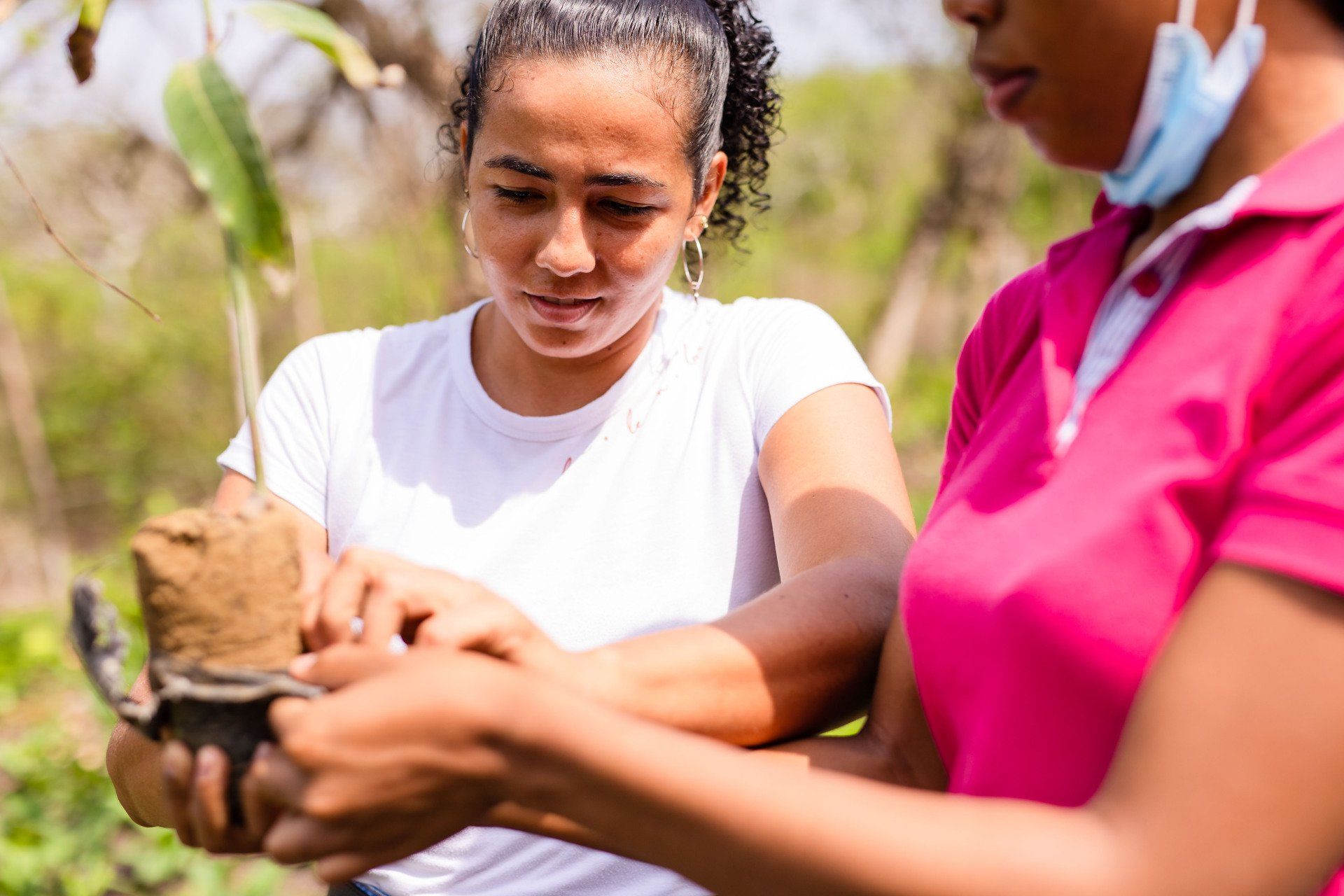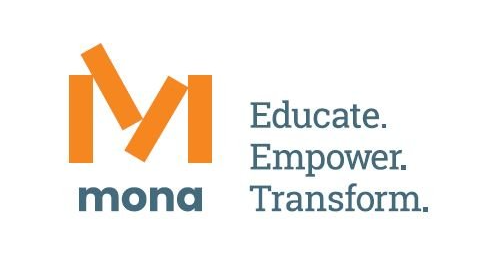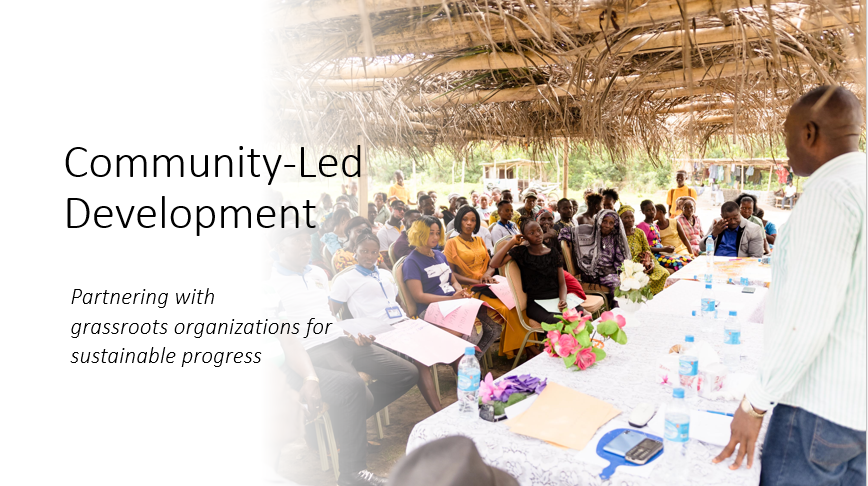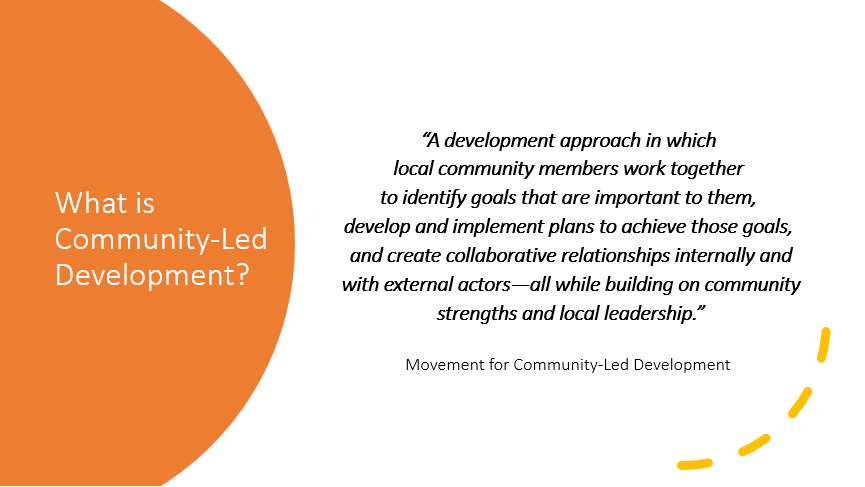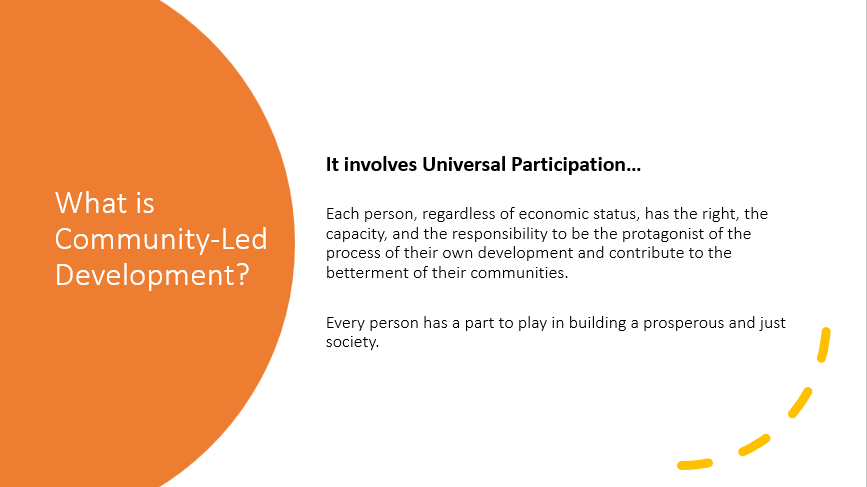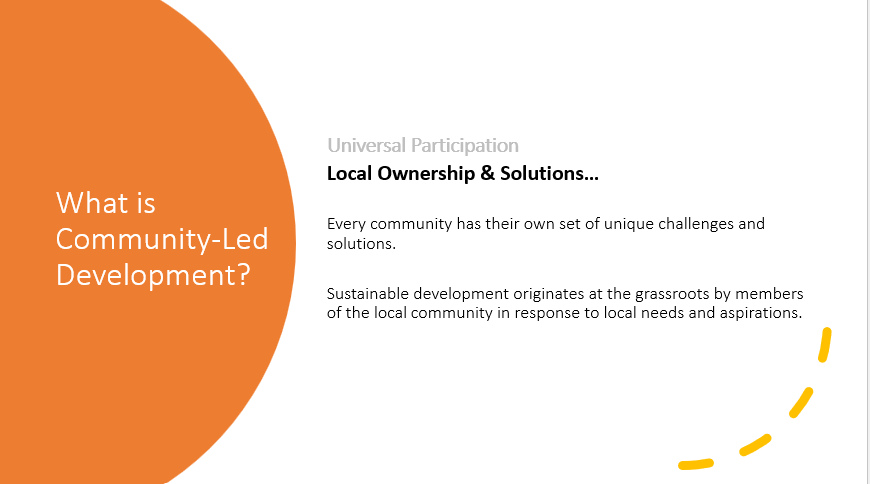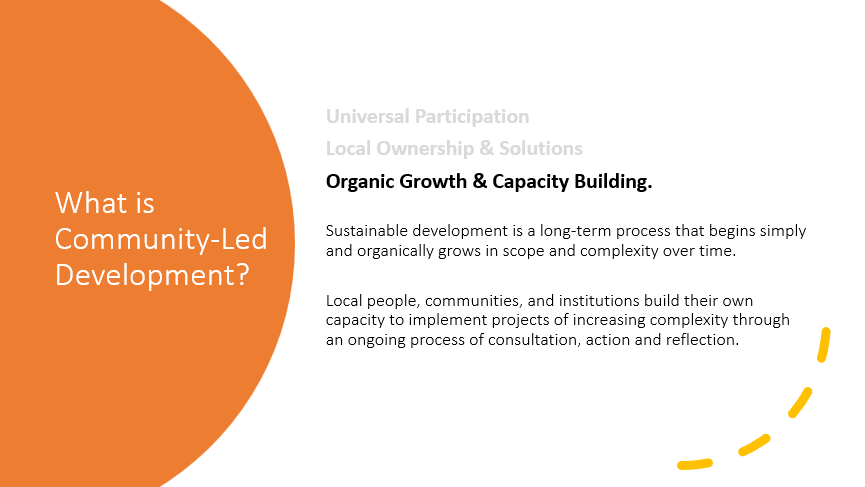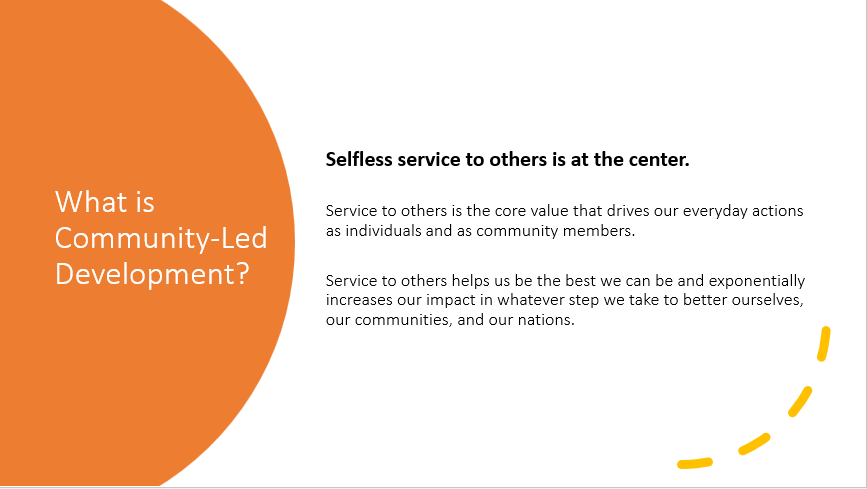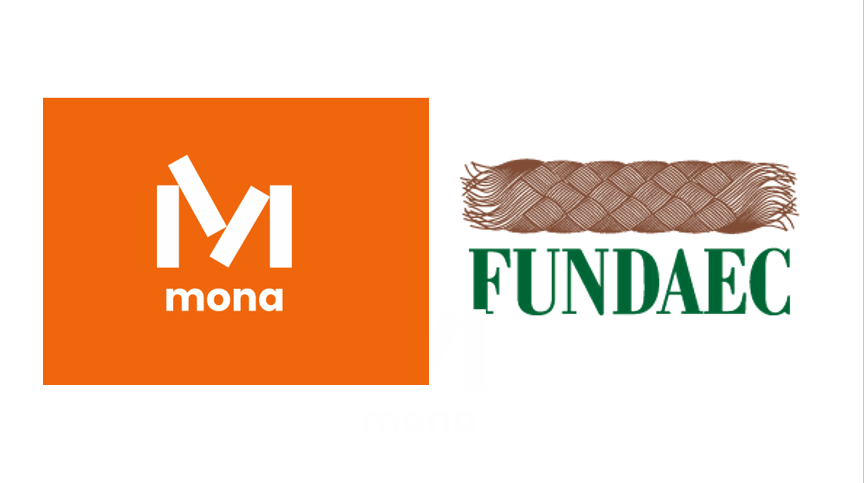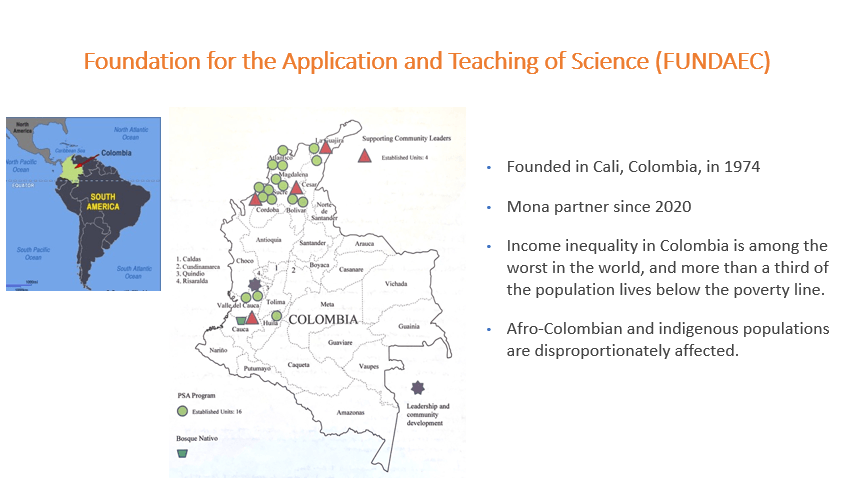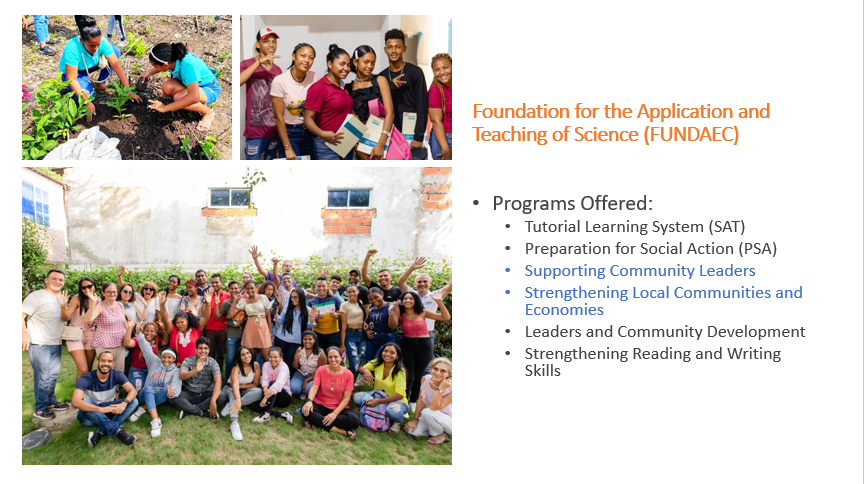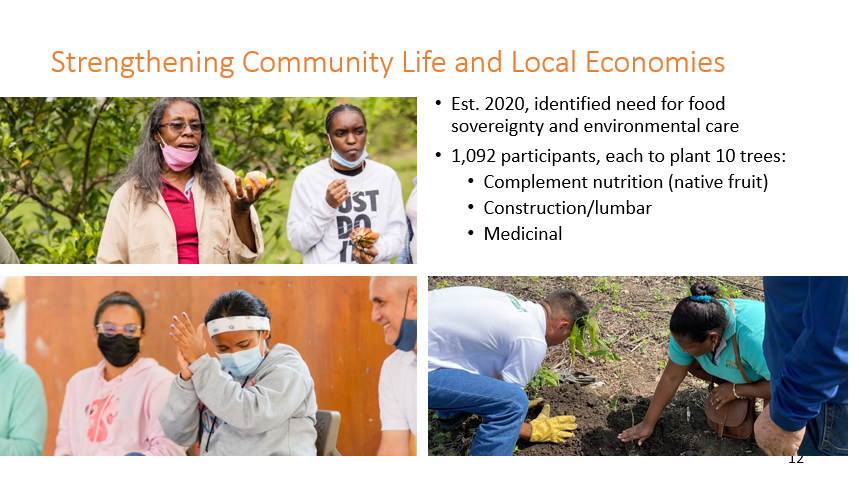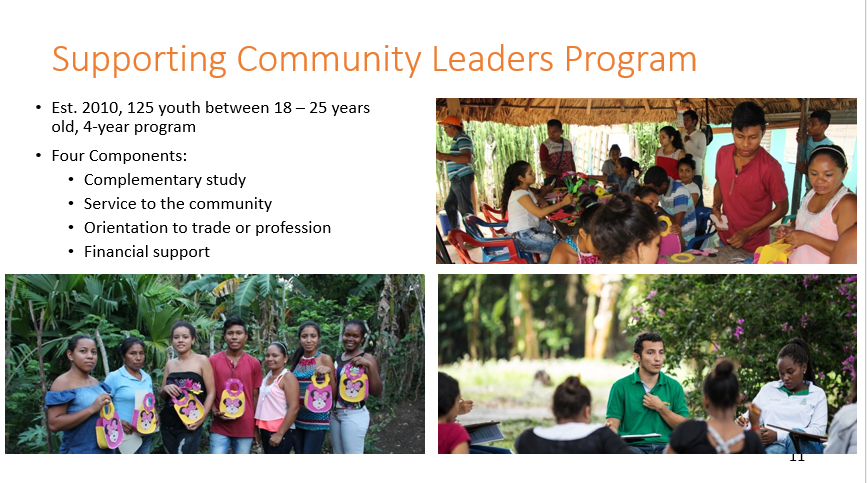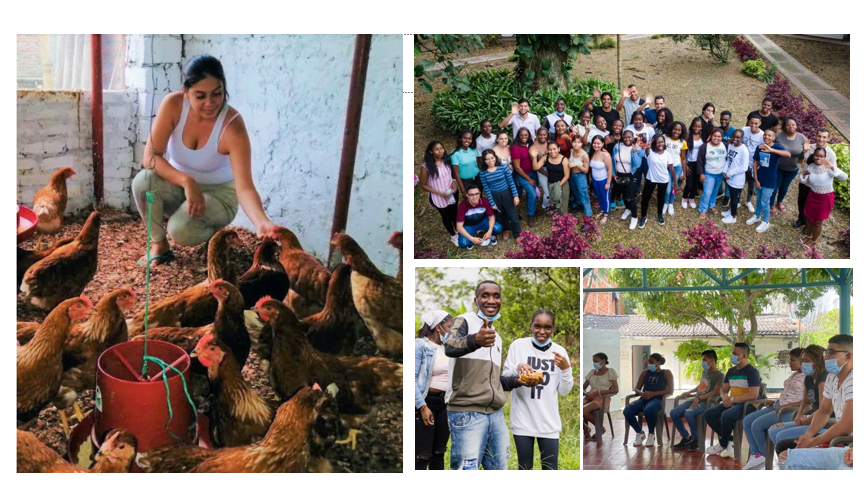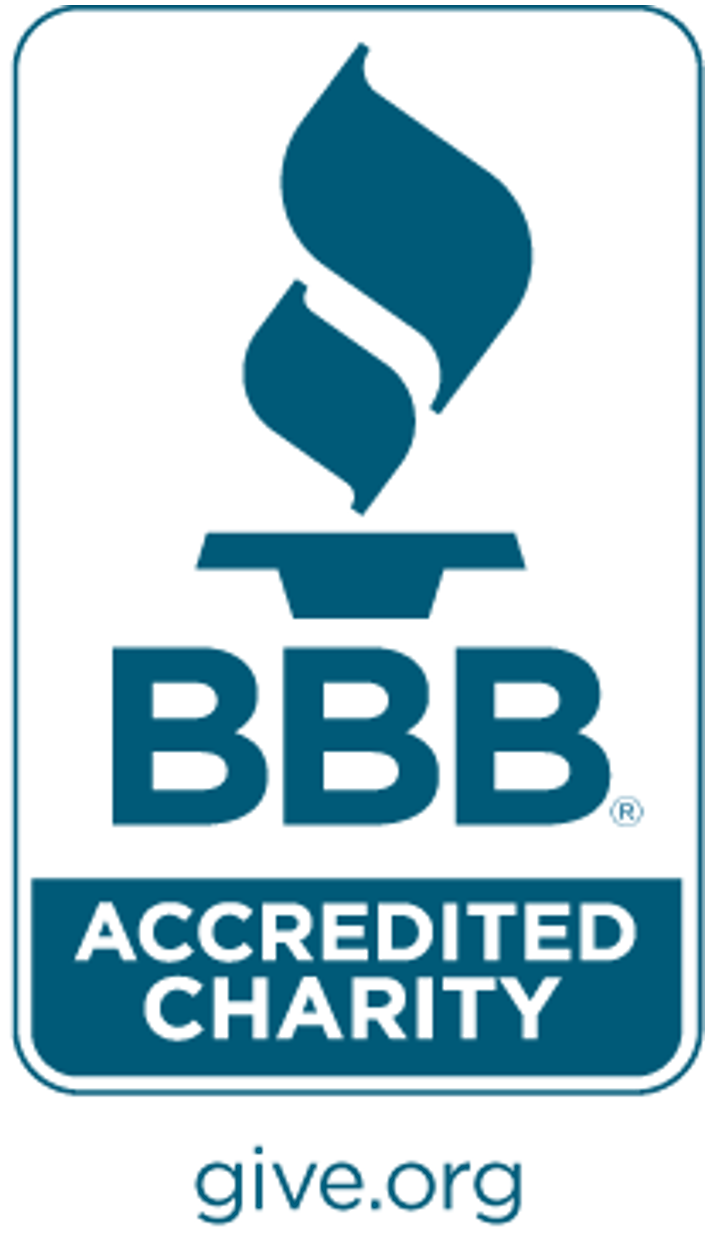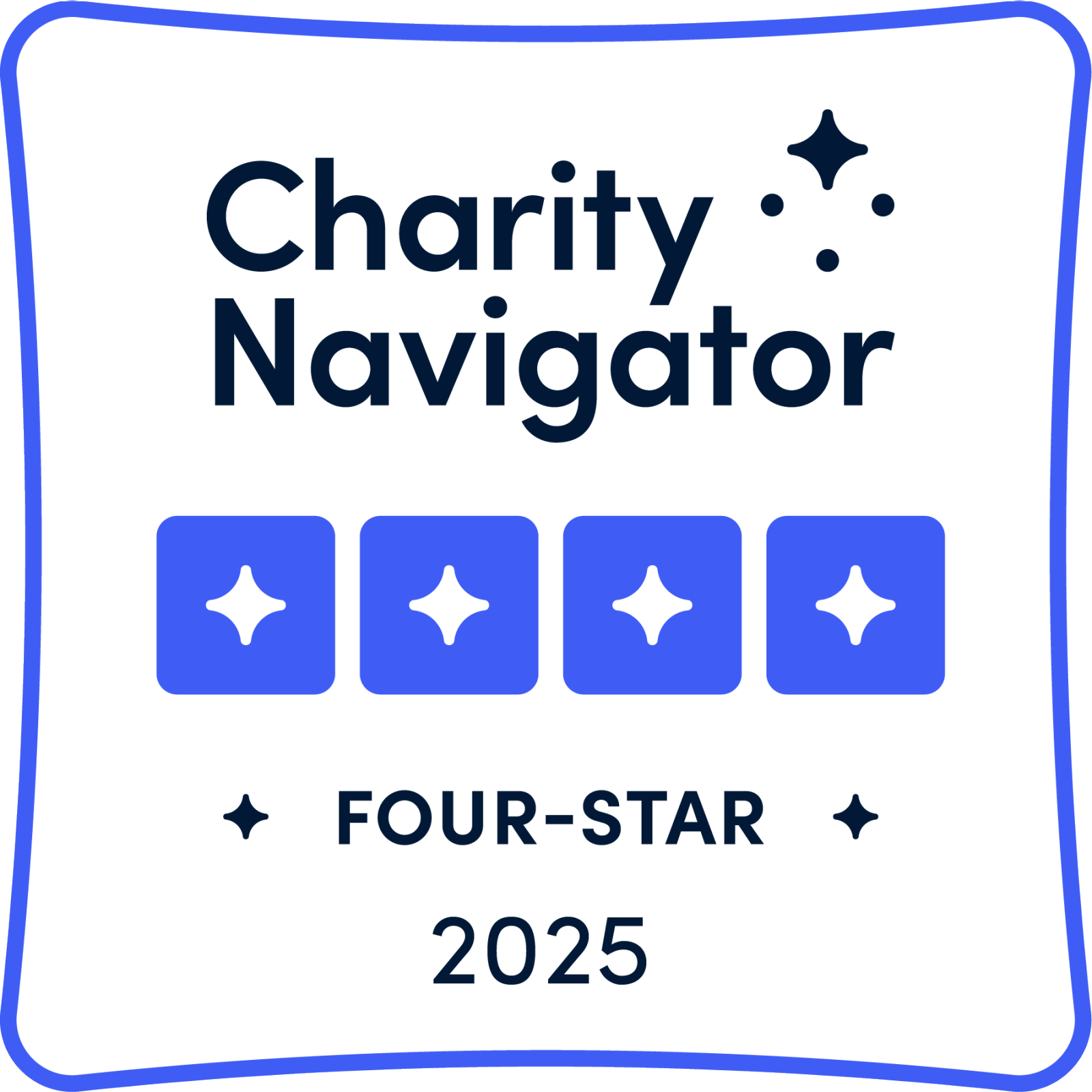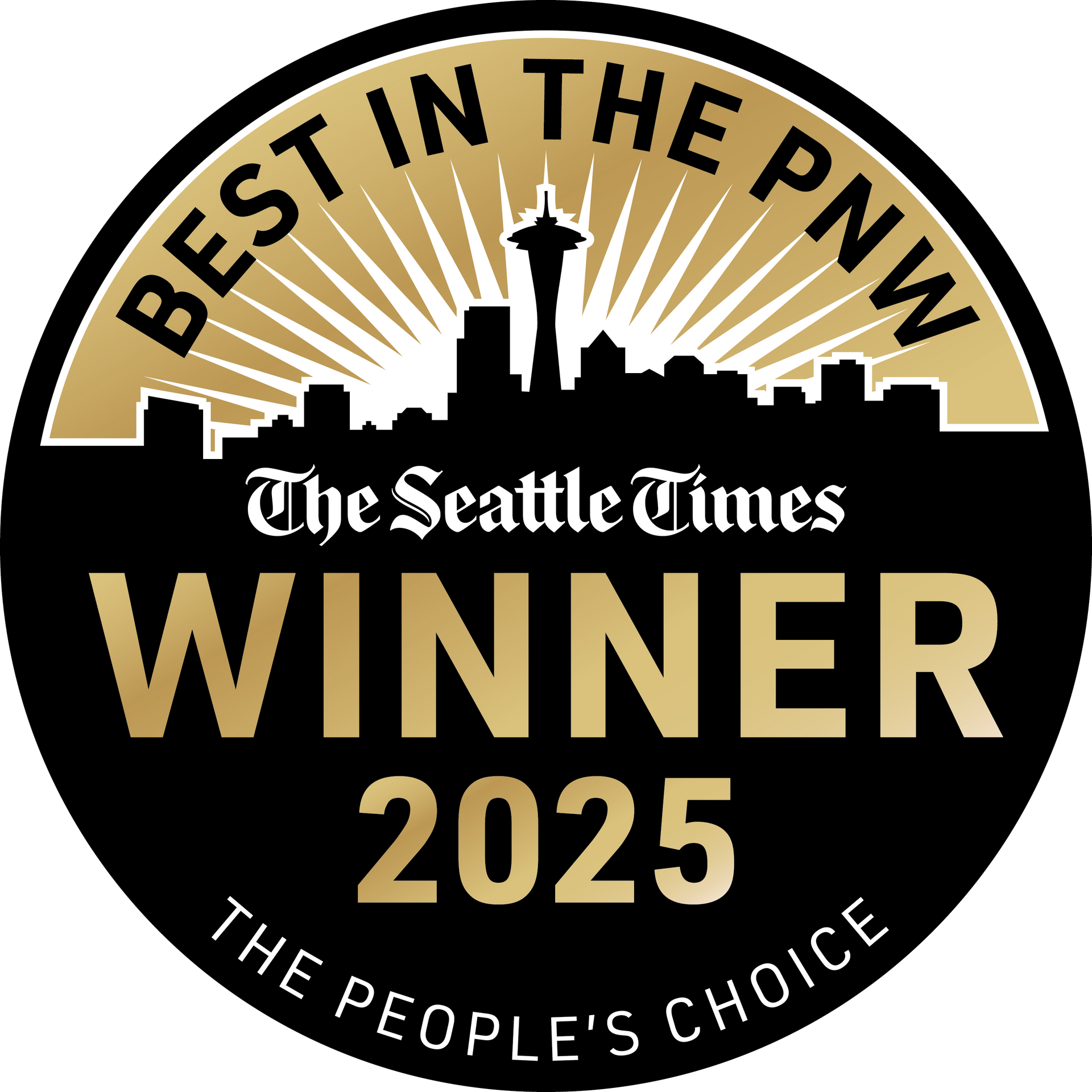FUNDAEC & Community-Led Development

Mona Foundation has always recognized that for development to effectively reduce poverty and sustain positive change it must begin locally and be led by the members of the local community. This stems from our core belief that, as members of one human family, every person on the planet is created noble with capacity to develop their own unique gifts and abilities and to contribute to building a better world. People are not seen as helpless victims or as passive recipients of aid. This principle has also guided our approach which, from the outset, has been to seek out and partner with grassroots organizations aligned with our mission, and provide long-term support to develop and scale their programs. Our experience over the past 23 years, working with over 50 partner organizations in 23 countries has proven this approach to be unique, effective, efficient, and transformative.
Today this approach, termed "community-led development", is considered the leading edge in global development. As momentum builds, many program-based nonprofits, including many long-standing international organizations, are striving to change their approach and delivery models. From Mona's perspective, this involves more than hiring local people to implement a nonprofit's programs or inviting the local community's feedback. It requires adopting a fundamental set of three essential, inter-related principles:
- Universal Participation: Each person, regardless of economic status, has the right, the capacity, and the responsibility to be the protagonist of the process of their own development and to contribute to the betterment of their communities.
- Local Ownership and Solutions: Since every community has its own set of unique challenges and solutions, the local people are in the best position to identify, analyze, and address the needs of their communities in light of their reality, culture, aspirations, and initiatives. In partnering with local organizations, Mona seeks to support their efforts and growth as the protagonists of their own development.
- Organic Growth and Capacity Building: Local organizations are learning to work towards goals in a disciplined way, to make decisions through consultation, to build relationships based on collaboration and service to others, to generate insights based on experience, and to apply lessons learned to future actions. For individuals, capacity building implies developing a number of interrelated capabilities—scientific, artistic, technical, social, moral, and spiritual and the ability to understand not only concepts, but also master the methods, and have the skills, attitudes, and qualities required to lead a productive life. For communities, capacity building implies creating an environment in which individuals come together in collective action to serve the best interests of their communities and involve a growing number of people in more complex and sustained ways. For organizations, capacity building implies acting as channels through which the talents and energies of individuals and groups can be expressed in service to humanity.
Selfless service to others is at the center.
Service to others is the core value that drives our everyday actions as individuals and as community members. Service to others helps us be the best we can be and exponentially increases our impact in whatever step we take to better ourselves, our communities, and our nations.
Foundation for the Application and Teaching of Science (FUNDAEC)
A Baha'i-inspired program, FUNDAEC was founded in Cali, Colombia in 1974. For more than 40 years, FUNDAEC has dedicated itself to creating capacity within a region so that its population may carry out action and research related to the various processes that make up its social, economic, and cultural life.
Mona Foundation has partnered with FUNDAEC since 2020
and currently supports two of its programs: Supporting Community Leaders Program and Strengthening Community Life and Local Economies. All FUNDAEC programs are based on several guiding principles: consider the people as potential resources, not as problems; develop human potential through a proper education that acknowledges and promotes human nobility; work for a development that is not conceived as “Modernization”; engage in the search for pertinent knowledge; avoid offering “pre-packaged” solutions; and recognize the need for endogenous structures in the region that would connect it to corresponding external structures.
FUNDAEC is a living example of what the Mona Foundation is trying to do: Serve the world of humanity without any agenda and focus on education and empowerment.
Two attributes distinguish FUNDAEC:
- Total integration with the larger community in addressing the needs of the community. All individuals involved (young, adults, and elderly) have complete ownership of the initiative that they are engaged in. At FUNDAEC nothing happens unless it is a need expressed by the community. Then, with support from FUNDAEC, the community members take action for their own well-being – everyone is engaged and plays a role – the farmer, the elder, the mother, the father, the youth, (many of whom are girls between the ages of 16-21), the children, the teachers, the clergy – everyone. Engagement, intent and commitment to the betterment of their own communities characterizes how the participants introduce themselves, how they talked about their aspirations, and how they speak to what they were currently doing.
- Full implementation of a unique pedagogy, “Education for Development”. This is a process that empowers youth and communities to engage in a scientific and action research learning process to advance the progress of their communities. Preparation for Social Action, for example, is an education for development program of this type that allows young people to develop the capabilities they need to participate in any profession they choose while developing certain qualities, attitudes and skills that will enable them to serve their communities more effectively and thus promote the well-being of their community.
- The curriculum of Preparation of Social Action consists of 24 textbooks aimed at developing participants’ capabilities in the areas of language, mathematics, science, and processes of community life. The latter area encompasses community development, technology and service to the community. The principle motive for participating in the program is the desire to become effective agents of social change. Upon completion of the program, participants have developed a strong sense of purpose to take charge of their own intellectual and material growth and to contribute to the transformation of society. The 1,000 participants in “Strengthening Community Life and Local Economies” are the graduates of this program, intentional and skilled to implement this ambitious program successfully.
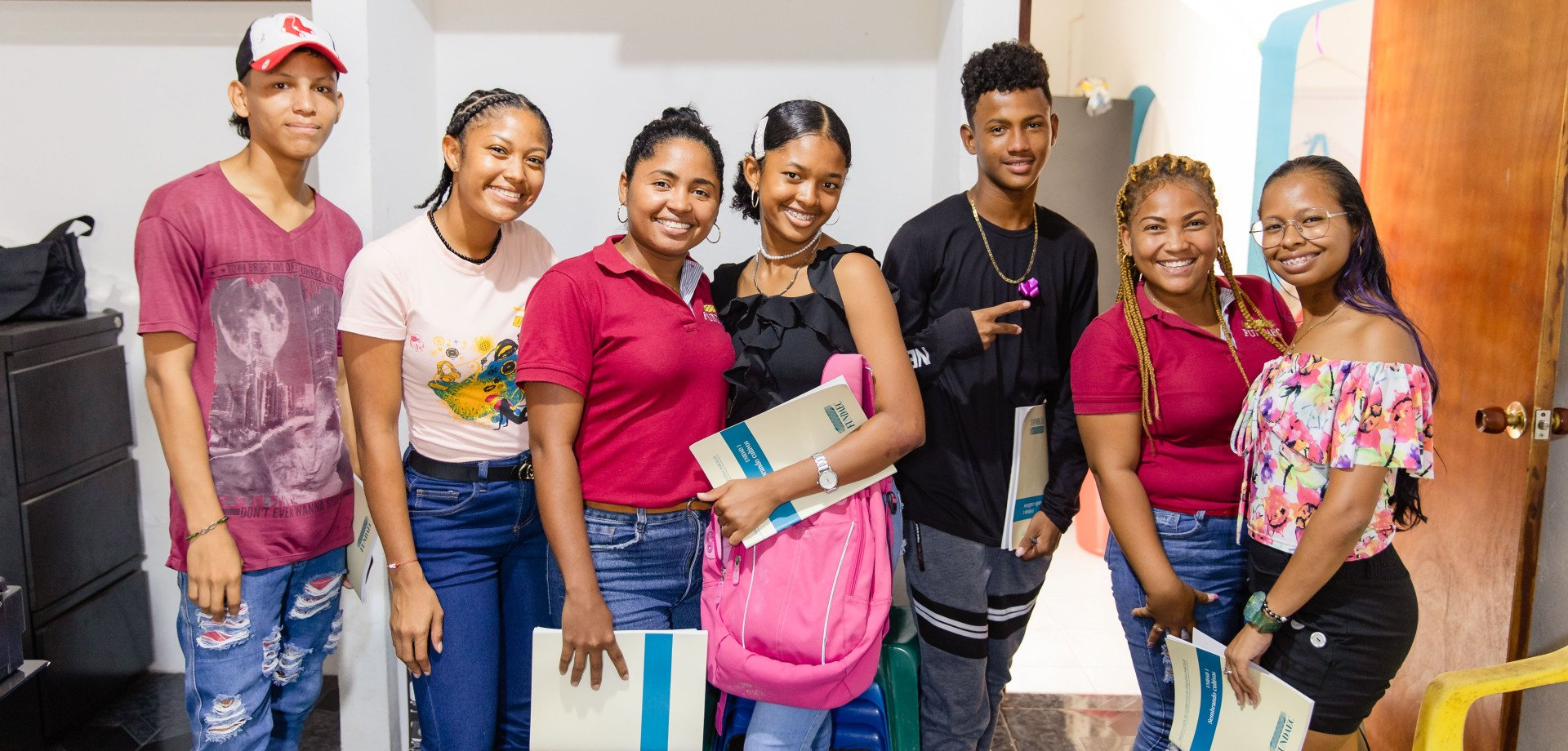
“Strengthening Community Life and Local Economies” is the outgrowth of many years of community engagement and action learning leading to this proposal and initiative. The impact of this initiative is like planting a seed which will flourish and benefit thousands of families for years go to come.
The pandemic brought to the forefront the need for access to food. The Colombian people, particularly in the rural areas, used to grow their own food and were agriculturally independent. In recent decades the sugar cane industry has completely devastated the soil, the natural habitat and micro biodiversity. In 2020 and 2021, FUNDAEC's programs began focusing their efforts on teaching participants and their families how to grow vegetables in their backyard and patios (as many do not own land or have access to gardens). This program is collaborating with local nurseries to plant native fruit trees or native trees which the wood can be used as lumbar.
There are currently just under 1,000 participants in the PSA program and each of these participants, together with their families, are going to plant 10 trees each. The communities have pledged to raise half of the trees with their own funds. This program has very strong relationships with local government officials and members of the community. There are about 8 hectares of land in Porte Tejada where they have begun planting native trees. FUNDAEC has also been collaborating with two biologists who have spent their lives in the reforestation of native species. They have helped identify which trees to plant and have also brought back some trees from near extinction. The grounds are seeing a high rate of native birds returning to the area - a contrast to the surrounding areas of massive fields of sugar cane. There are also native bugs and animals which are returning.
This program is extremely scientific and systematic in its approach making it very sustainable. Every individual in the program is aware of the need, is aware that this initiative is happening and all are eager to support.
